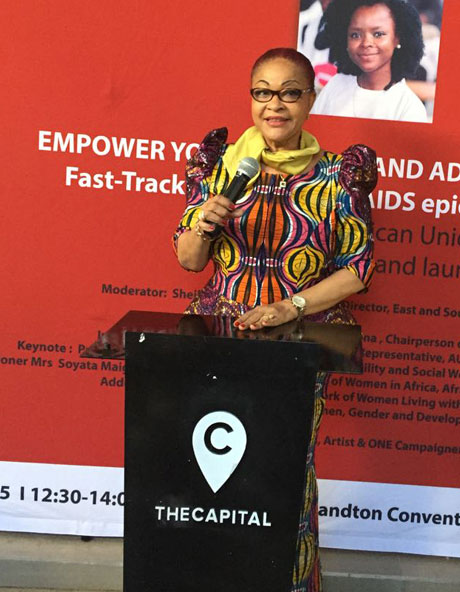
The AU on Wednesday pledged to help governments secure funding for their climate pledges through the Nationally Determined Contributions (NDCs).
Josefa Sacko, Commissioner for Rural Development and Agriculture at the AU Commission said this during the 10th Africa Carbon Forum in Nairobi.
Sacko noted the continental body would ensure that all countries make strides in achieving their goals.
“The success of these pledges, will determine the rate of action to tackle climate change after 2020,’’ Sacko said.
She revealed that besides working closely with African climate negotiators, the organisation had embarked on providing technical support to the governments.
Sacko told African governments to hasten their dialogue with the international partners in pursuit of financial and technical support.
“You need to engage the academia and the private sector to participate in the process,” she told delegates.
According to UN, countries are currently building on existing efforts to scale up action for the implementation of ensure long term their targets with support from development partners, public and private stakeholders to transformational climate actions.
Dirk Forrister, the CEO of the International Emissions Trading Association (IETA), called on African governments to unite while bargaining for climate actions.
Forrister said that there was need for the governments to negotiate with their partners on the financing of carbon financing.
“It is high time that you aggressively engage the private sector on how best to partner on addressing challenges posed by climate change,” he added.
Meanwhile, Richard Munang, the UN Environment Climate Coordinator for Africa, said climate change was to blame for the miserable lifestyles in rural parts of the continent.
Munang told delegates attending the forum that cases of malnutrition and youth unemployment are on the rise and called for urgent actions that should be streamlined in the countries’ development plans.
“The realities of climate change are factual in rural areas where people are less informed on adaptation measures yet they continue to realise poor harvest,” he said.
He stressed that the UN Environment would continue investing in safer carbon emission mechanisms.
“We will continue to support clean energy projects such as micro hydro power and solar,” Munang added.











